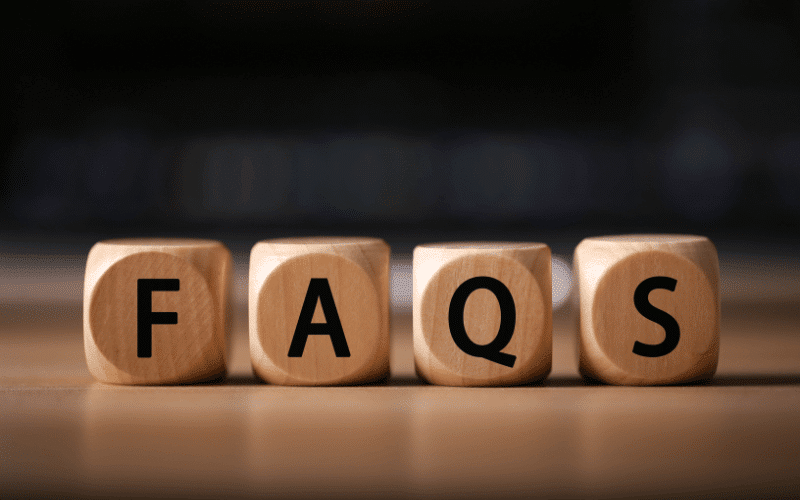FAQ: Frequently Asked Questions About Hypothyroidism and Iodine Deficiency

How can iodine deficiency be identified and treated?
Urine tests are often used to diagnose iodine deficiency. In terms of treatment, increasing dietary intake of iodine is usually recommended. This could involve consuming iodine-rich foods, using iodized salt, or taking iodine supplements if necessary.
Is it possible to have normal thyroid hormone levels and still have symptoms of hypothyroidism?
Some individuals might experience symptoms of hypothyroidism despite normal thyroid hormone levels, a condition known as subclinical hypothyroidism. It’s important to consult with a healthcare professional if you have symptoms, even if your hormone levels are normal.
How does hypothyroidism affect fertility and pregnancy?
Hypothyroidism can interfere with the ovulation cycle, leading to difficulties in conceiving. If a woman with hypothyroidism becomes pregnant, there’s an increased risk of miscarriage, preterm birth, and developmental issues in the child.
Can children and teenagers get hypothyroidism?
Yes, hypothyroidism can occur at any age, including in children and teenagers. In infants and children, it can lead to severe developmental issues and growth retardation, emphasizing the importance of early detection and treatment.
Can hypothyroidism lead to complications if left untreated?
Absolutely, untreated hypothyroidism can result in several health complications, including heart problems, infertility, and in severe cases, myxedema, a life-threatening condition.